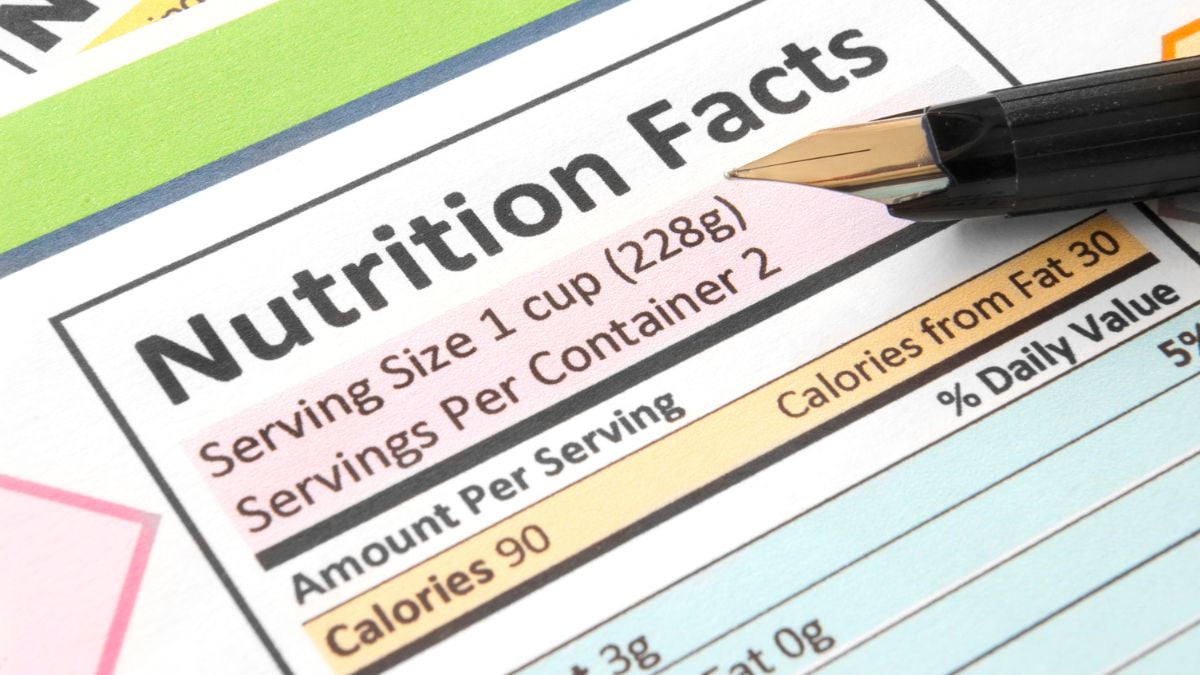What is the Difference Between Total Carbohydrates and Net Carbs on a Nutrition Label?
Quick Answer: Total carbohydrates include all types of carbs, while net carbs only include carbs that your body can digest and use for energy. As a nutritionist, I often get questions from my clients about how to interpret nutrition labels. Recently, one of my blog readers reached out to ask, “What is the difference between total carbohydrates and net carbs on a nutrition label?” This is a great question, and understanding the difference can be helpful for anyone trying to manage their carbohydrate intake. Total carbohydrates on a nutrition label include all types of carbs in a food, including sugars, starches, and fiber. This number represents the total amount of carbohydrates in a serving of that food. However, not all of these carbs are created equal when it comes to how they affect your body. This is where the concept of net carbs comes in. Net carbs are calculated by subtracting the amount of fiber and sugar alcohols (if applicable) from the total carbohydrates. The reason for this is that fiber and most sugar alcohols are not fully digested and absorbed by the body, so they don’t have the same impact on blood sugar levels as other types of carbs. For example, let’s say a nutrition label for a protein bar lists 20 grams of total carbohydrates, with 10 grams of fiber and 5 grams of sugar alcohols. To calculate the net carbs, you would subtract the fiber (10g) and sugar alcohols (5g) from the total carbs (20g). In this

